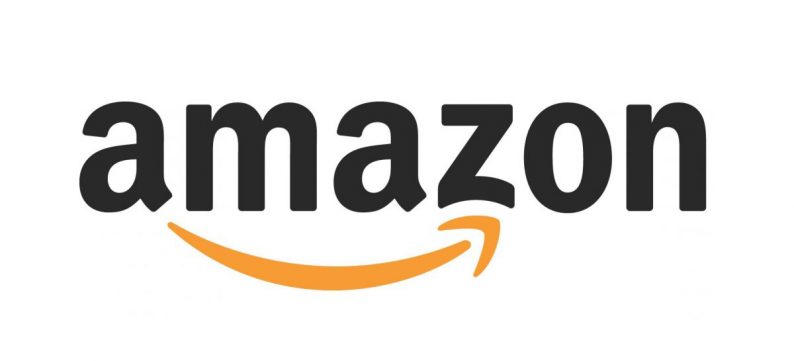Amazon.com, Inc. (NASDAQ:AMZN) stock jumped on Monday after analysts at Needham upgraded it and joined the $1,000+ price target club on the name. However, at least one bull is taking this opportunity to switch gears and go bearish on Amazon stock, not because he stopped liking it, but rather, as a gamble that the online retailer’s first quarter earnings report won’t be so kind to its stock.

Amazon stock upgraded to Buy
In a research note dated April 10, Needham analyst Kerry Rice upgraded Amazon stock from Hold to Buy and set a price target of $1,100 a share. He feels that Prime and the online retailer’s mobile penetration will help it continue to dominate domestically. Looking overseas, he sees the greatest opportunity in Europe, although he also described India as “one of the most exciting long-term opportunities” for the company, as it has been investing aggressively in its operations there.
Rice predicts that AMZN will grow its market share in the U.S. by 16%. Last year, the online retailer enjoyed a 30% year over year increase in revenue, making its growth rate double that of the industry average. He feels that Prime and third-party sellers are the two main factors driving the company’s outperformance.
He noted, as many others have also, that compared to non-members, Prime members shop more often, spend twice as much, and are retained longer. Further, third-party revenue surged 43% year over year last year as the seller base continued to grow rapidly and the number of available products continued to grow. He feels that Amazon is better positioned than other online retailers to take share of mobile e-commerce spending.
AMZN – Looking overseas
Rice believes that Amazon will be able to replicate its U.S. “playbook” as it expands internationally, driving growth in the long term. According to him, the steps in that playbook include expanding product categories, leveraging Prime, and then expanding its Fulfillment by Amazon program in a given market. He also pointed out that the online retailer has already successfully followed its U.S. playbook for its expansions into Germany, the U.K. and Germany.












Leave A Comment